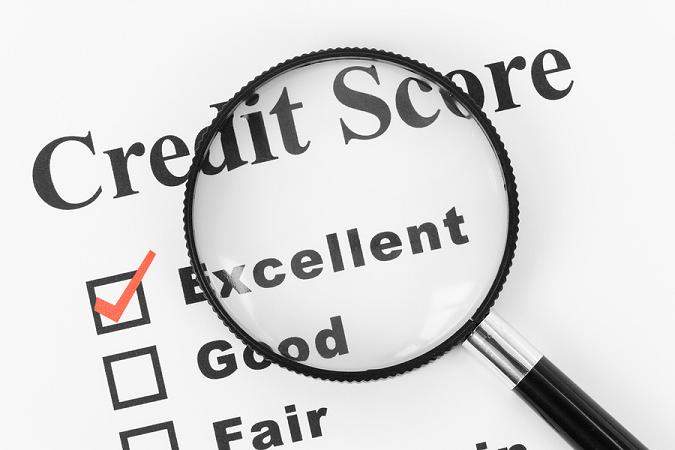
RinggitPlus
9th July 2014 - 4 min read
Shopping for Loans

Like most businesses, banks also seek to maximize their profits. A large part of how they make money is on the interest they charge on loans (car loans, home loans, personal loans etc.) because the interest is higher than the interest they pay on depositors’ accounts.
So why take a loan if you’re going to have to pay it back with interest? Well, while paying interest may not seem to be a great financial move at first glance – in most instances, it really is a small price to pay for using someone else’s money! Imagine having to save all of the money you needed in order to buy a house. We wouldn’t be able to buy houses until we retired!
Every loan we take puts us under an obligation to pay the amount back over time. Banks keep track of this and judge us based on our credit records. If you don’t default or miss payments on your loan, it is likely that your credit score will increase. However should we fail, there is a chance that your credit score could be affected. How much could it be affected by? The truth is, it really depends – but know this, your payment history makes up a significant portion of your overall credit score calculation.
What’s the difference between your Credit Score and your Credit Report?
Credit Report
Your credit report is almost like a report card for your debt history. It consists of records such as the amount of loans you have; the type of loans (mortgages, hire purchase car loans, credit cards, bills) and loan applications pending. It will determine whether you get that house you’ve been dreaming of or that loan which will dictate the survival of your business. The interest rate the bank decides to offer you will also be based on this report.
For example, a CCRIS report records all past information on the loan amount, interest, and charges outstanding on each loan.
Therefore, you should pay your debts promptly as some banks may reject upcoming applications if you miss out on repayments by 2 months or more. Besides, depending on the bank’s requirements, they may reject your loan application if you have a debt ratio exceeds 50%.
Credit Score
Your credit score is the number generated from this report, along with other data that banks use to subjectively evaluate a loan application.
A well known method used to measure this is the FICO score which rates applicants anywhere from 300 to 850 points (the higher the better). However, it is likely that many banks in Malaysia use their own internal method of measuring and determining your credit score. What this means is that your chances of getting your loan approved may vary depending on which bank you choose to apply at.
What factors determine your Credit Score?
In general, financial institutions focus on the 3 C’s: Character, Capital and Capacity.
Your Character is reflected based on your attitude towards your loan. If you take pride in paying your bills promptly, you will get an A for reliability on your debt repayment. They also take consideration of your personal details such as the length of stay in your current address and the duration of your current employment.
Capital shows the amount of ‘valuable’ assets you hold which can be used as collateral such as real estate, personal property, investment or savings in the event your fail to pay your loan
Bank’s will also make an assessment on the
Capacity your income has. The income you earn reflects your ability to pay off your debt. Thus, you need make sure that you have sufficient cash flow running.
What are the things that could hurt my Credit Score?
- Bad payment history i.e: making late payments
- Defaulting on a loan
- Having your home forclosed
- Having over-the-limit credit card balances
Does having multiple loans affect your credibility?
Yes it does.
If you have a variety of loans, it is quite likely that you will get a higher credit score. Having a mix of credit types is expected from people with longer credit histories, and helps you show you are an experienced borrower.
However, this is useless if you have bad payment history as this would mean a higher risk of bad debts. If you cannot juggle multiple loans, you shouldn’t apply for more. Having multiple loans isnt necessarily bad. It is only bad if you cant afford them.










Comments (0)